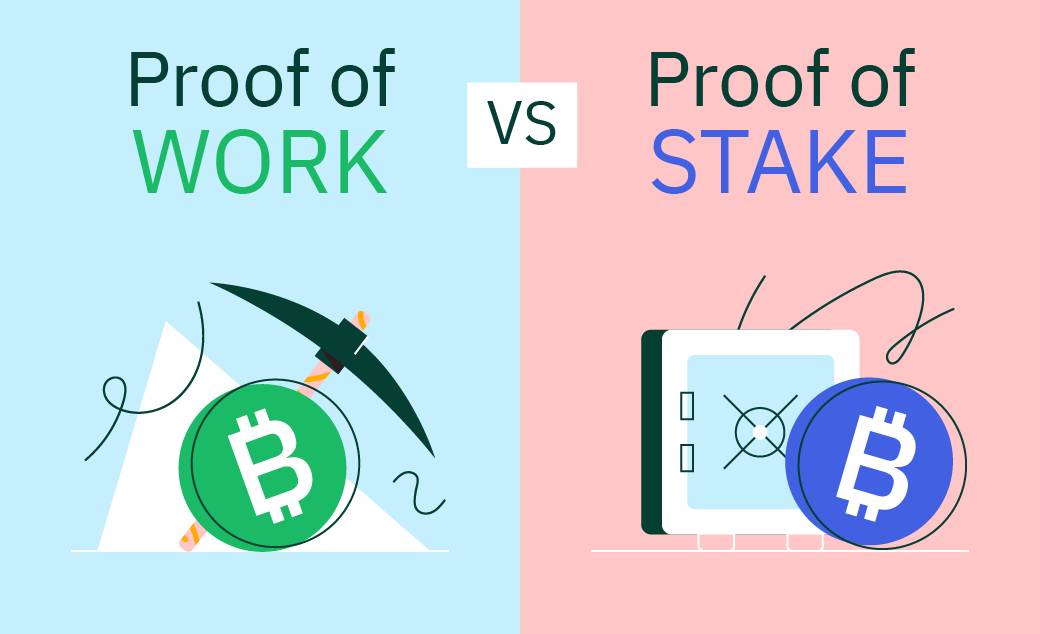The two most often utilized consensus procedures for verifying transactions before adding them to a blockchain are proof of work and proof of stake. For their efforts, verifiers are paid with cryptocurrency.
Proof of Work
"Proof of work" is a way of confirming transactions on a blockchain in which an algorithm generates a mathematical puzzle for computers to solve, according to Simon Oxenham, social media manager at Xcoins.com.
Each participating computer, known as a "miner," solves a mathematical challenge that aids in the verification of a set of transactions known as a block, which is subsequently added to the blockchain record. For its efforts, the first computer to do so effectively gets rewarded with a modest sum of cryptocurrency. For validating a new block in Bitcoin, for example, a miner receives 6.25 BTC (approximately $200,000).
Solving blockchain puzzles can necessitate a lot of computing power and electricity. After accounting for the expenses of power and computer resources, miners may barely break even with the crypto they receive for confirming transactions.
Proof of Stake
To limit the amount of power required to monitor transactions, several cryptocurrencies use a proof of stake verification approach.
The amount of cryptocurrency each individual is willing to "stake," or temporarily lock away in a community safe for the chance to participate in the process, limits the number of transactions each person can verify using proof of stake.
"It's almost like collateral," Okoro explains. Each user who bets cryptocurrency is eligible to verify transactions, but the likelihood of being chosen increases as the amount staked grows.
"Proof of stake is far more efficient than proof of work since it eliminates energy-intensive equation solving, allowing for shorter verification/confirmation times for transactions," says Anton Altement, CEO of Osom Finance.
In comparison, the typical transaction time for Bitcoin is at least ten minutes.
Compare that to Solana, a proof-of-stake crypto network that averages approximately 3,000 transactions per second (TPS), making it far faster than the sluggish Bitcoin blockchain.
Also on the horizon, Bitcoin's main competitor, Ethereum, is converting to a complete proof-of-stake system. When Ethereum completes "the final phase of proof of work on Ethereum," it forecasts that its energy consumption will drop by 99.95 percent.
Thank you for reading!
FOLLOW ME ON TWITTER: CAW KNIGHT




No comments yet
Be the first to share your thoughts!